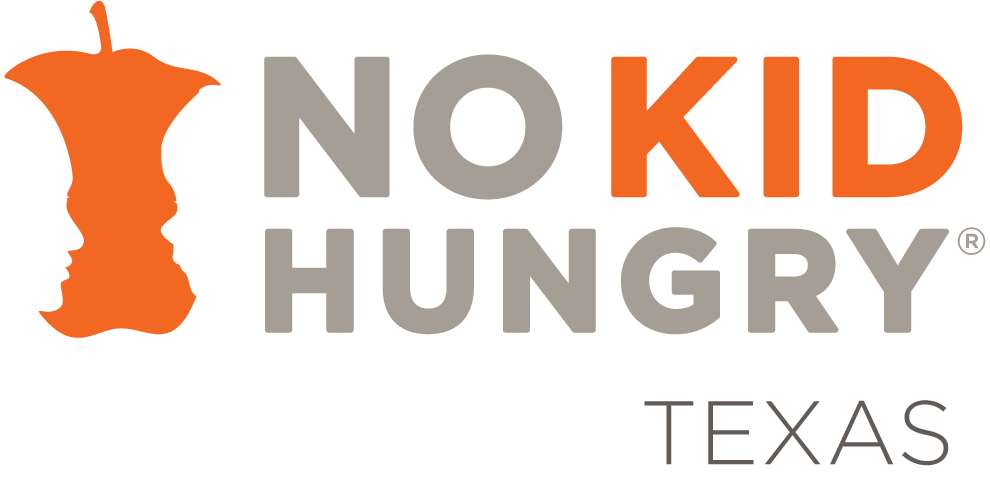The coronavirus has caused a catastrophic health crisis around the globe. It also is creating an economic crisis that will push millions of families with children into poverty and hunger here in the United States.
Summer meals programs run by school districts and local organizations help feed children when schools are closed, but this year, they face massive challenges. By law, summer programs operate as “congregate feeding models,” meaning kids must gather together and eat in a group. This poses multiple safety and health concerns for children, families, and the staff and volunteers who work these programs, and necessary social distancing and safety recommendations will make this service model challenging, if not impossible.
Even as states begin loosening shelter-in-place requirements, it won’t be business-as-usual for schools and community organizations trying to reach hungry children. Many of the usual places to reach children – summer school, day camps, library programs – won’t be operating as usual.
The Families First Coronavirus Response Act gave the United States Department of Agriculture (USDA) the authority to issue nationwide child nutrition waivers, allowing school districts and community providers necessary flexibility to operate meals service during a pandemic.
These waivers made it possible to adapt programs so communities could still feed children during these uncertain times, but that’s about to change.
These nationwide waivers are set to expire at the end of June, at the height of summer meal service. Without them, many schools and community organizations in our state will not be able to reach children during the summer months.



